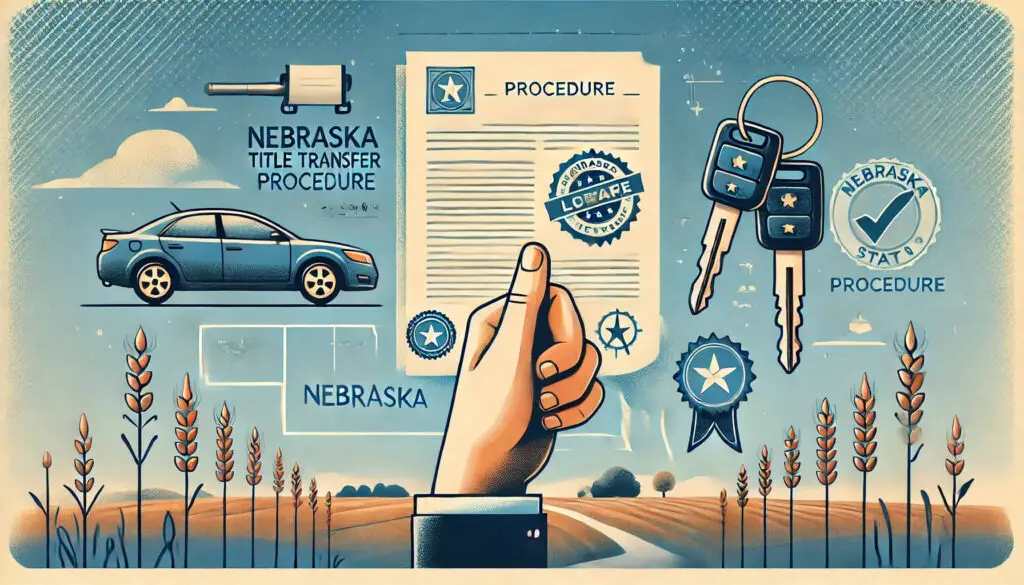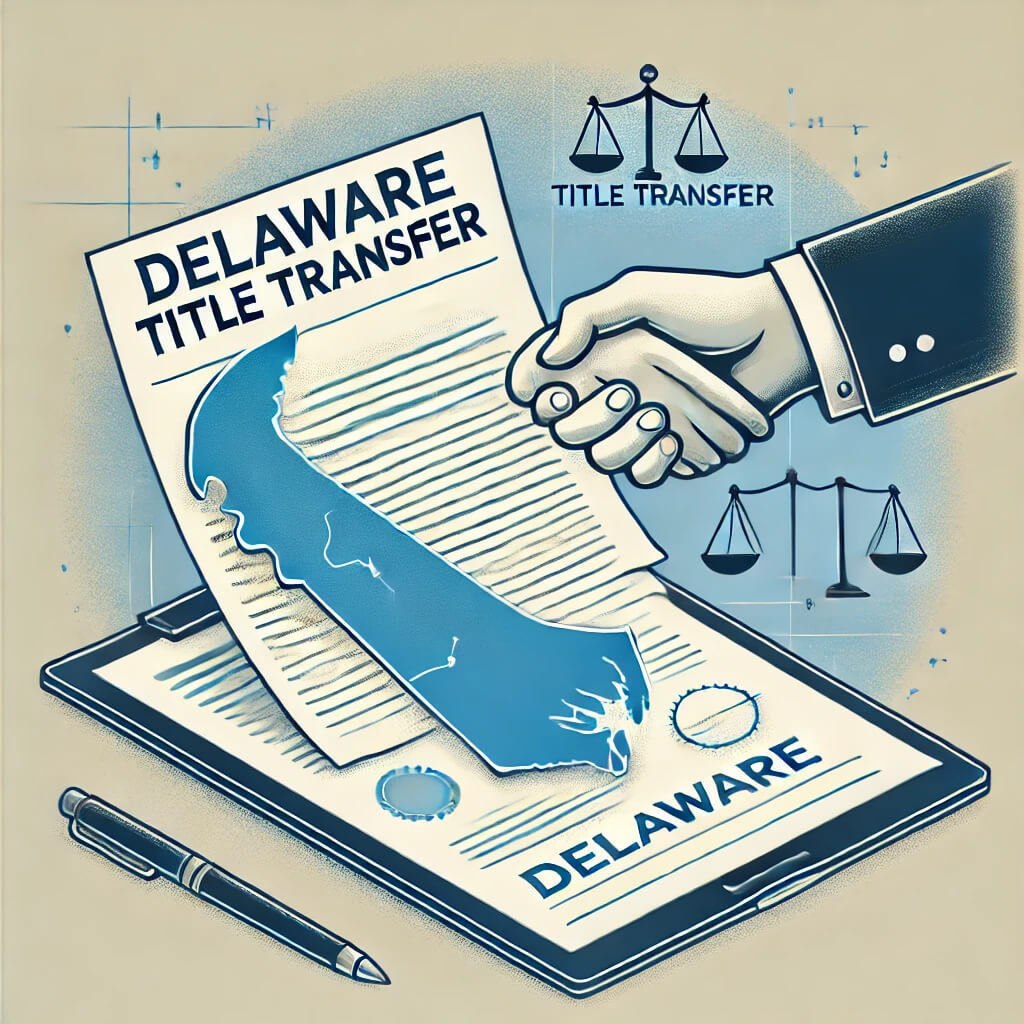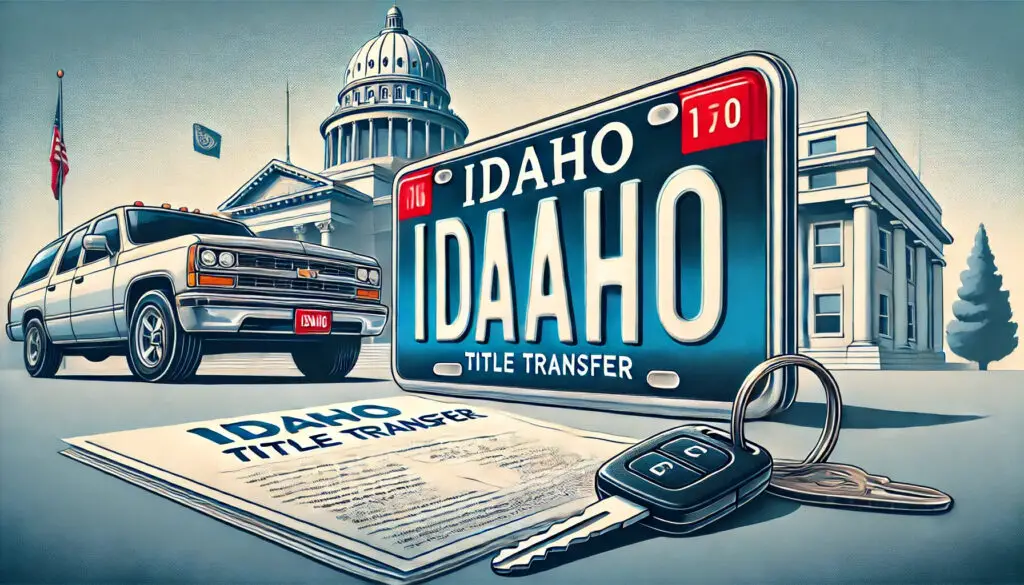When it comes to buying or selling a vehicle in Nebraska, understanding the title transfer process is crucial. This procedure legally transfers ownership of a vehicle from one party to another, and it must be handled carefully to ensure that everything is in order. Below is a detailed, step-by-step guide to help you navigate the Nebraska title transfer procedure.
1. Obtain the Vehicle Title: Seller’s Responsibility
The first step in the title transfer process is ensuring that the vehicle title is available. The seller must provide the original title to the buyer. It’s important that the title is free from any liens, unless the lienholder is involved in the transaction.
- In case of a lost title, the seller must apply for a duplicate title through the Nebraska DMV before completing the sale. This ensures that the vehicle’s ownership is legally transferred.
2. Sign the Title: Transfer of Ownership
Once the title is obtained, the next step is for both parties to sign it.
Seller’s Signature:
- The seller must sign the title in the designated section to transfer ownership.
- Odometer Disclosure: If the vehicle is less than 10 years old, the seller must also complete the odometer disclosure, which is a legal requirement for vehicles under this age.
Buyer’s Signature:
- The buyer must also sign the title, acknowledging that they have received the vehicle and agree to the transaction.
3. Bill of Sale: Optional, but Recommended
While not mandatory under Nebraska law, completing a bill of sale is highly recommended for both the buyer and seller. This document serves as proof of the transaction and can prevent potential disputes. A bill of sale should include the following details:
- Vehicle identification number (VIN)
- Make, model, and year of the vehicle
- Sale price of the vehicle
- Date of sale
- Signatures of both buyer and seller
This document adds an extra layer of security and clarity to the transaction.
4. Lienholder Information
If there is a lien on the vehicle, it must be addressed before the title can be transferred. The seller is responsible for contacting the lienholder and paying off the loan balance. Once the loan is paid, the lienholder will release the lien and either send the title to the buyer or provide instructions for completing the transfer.
It’s essential that all lienholder information is removed from the title prior to the transfer, as the vehicle cannot legally be transferred with an outstanding lien.
5. Complete the Title Transfer Application
The buyer is responsible for submitting the necessary documents to the Nebraska Department of Motor Vehicles (DMV). The key document required is the Title and Registration Application (Form DMV 2). This form can be completed in person at the Nebraska DMV or online if eligible.
Required documents for submission include:
- Signed title
- Bill of sale (if applicable)
- Title and Registration Application (Form DMV 2)
Fees:
- Title transfer fees: Typically $10
- Sales tax: Based on the purchase price or fair market value of the vehicle
6. Provide Proof of Identification and Residency
In order to complete the transfer, the buyer must provide the following documentation:
- Proof of identity: A valid driver’s license or another form of government-issued identification.
- Proof of Nebraska residency: This can include utility bills, lease agreements, or other official documents that confirm the buyer’s Nebraska address.
7. Vehicle Inspection (If Necessary)
If the vehicle was purchased outside of Nebraska or if there are discrepancies with the title, a vehicle inspection may be required. The inspection ensures that the vehicle identification number (VIN) matches the one on the title and confirms that the vehicle is not stolen.
This step is crucial to protect both the buyer and seller from potential legal issues regarding the vehicle’s history.
8. Pay Fees and Taxes
At this stage, the buyer will need to pay the following:
- Title transfer fee: Typically $10
- Sales tax: Based on the vehicle’s purchase price or fair market value. The rate varies depending on the county.
- Additional fees may apply for registration and license plates.
These payments can be made in person at the DMV or online, depending on the buyer’s circumstances.
9. Receive the New Title and Registration
Once the buyer has submitted all the required documentation and paid the necessary fees, the DMV will process the title transfer. The buyer will receive the new title, which will be mailed to their address. Additionally, the buyer will receive a temporary registration until the official registration and license plates arrive.
10. Transfer of License Plates
In Nebraska, license plates generally stay with the vehicle’s owner rather than the vehicle itself. If the buyer wishes to use the seller’s license plates, they must be transferred as part of the registration process. The buyer must request this transfer during the title transfer process.
11. Finalize the Transaction
After receiving the new title and registration, the transaction is complete. Both parties should retain copies of all relevant documents, including the signed title, bill of sale, and any other paperwork related to the transaction. Keeping these documents is crucial for future reference and legal protection.
Additional Considerations for Specific Situations
1. Buying from a Dealership
When purchasing a vehicle from a dealership, the dealer typically handles the entire title transfer process on behalf of the buyer. The dealership will complete the necessary paperwork, collect the fees, and submit the title transfer application to the DMV.
2. Non-Resident Title Transfers
If the buyer is not a resident of Nebraska, they will still need to complete the title transfer process. However, non-residents may be subject to additional requirements, such as providing a proof of residency from their home state or paying higher fees for out-of-state vehicles.
3. Out-of-State Purchases
For vehicles purchased outside of Nebraska, it’s important to follow the state’s specific requirements for title transfers. A vehicle inspection may be necessary, and certain documents, such as the out-of-state title or proof of inspection, will need to be submitted to the Nebraska DMV.











